
Weaker ocean circulation could cost trillions
A major motor for the global climate is beginning to falter: a massive system of ocean currents called the Atlantic Meridional Overturning…
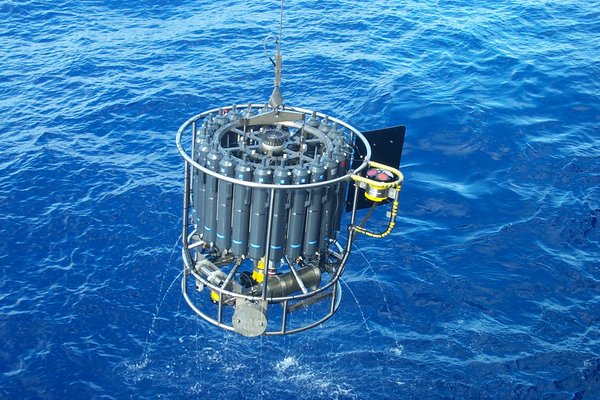
How the Atlantic overturning got its observing system
The RAPID observing system has monitored the Atlantic Meridional Overturning Circulation (AMOC) at 26.5°N since 2004. Many physical oceanographers…
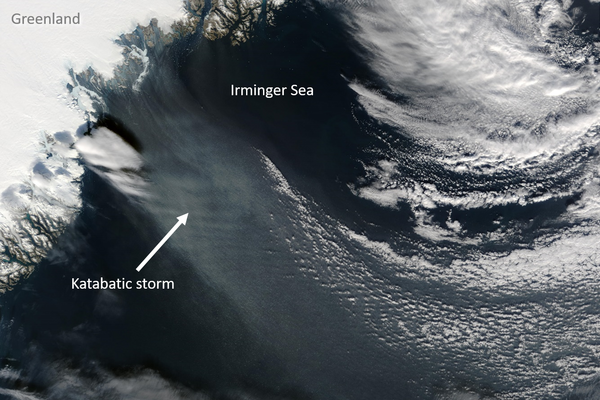
How katabatic storms in southeast Greenland form dense water in the Irminger Sea
In a new study in the Journal of Geophysical Research: Oceans, Dr. Oliver Gutjahr (Universität Hamburg, Max Planck Institute for Meteorology (MPI-M))…
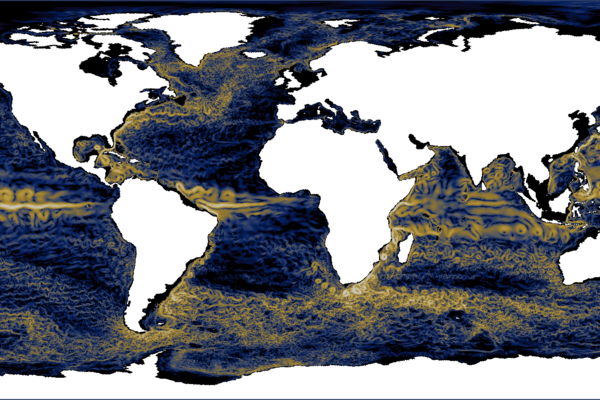
Project EERIE: Ocean eddies for better climate projections
The Max Planck Institute for Meteorology (MPI-M) is successfully involved in the new EU project EERIE (European Eddy-RIch Earth system models).…
![[Translate to English:] [Translate to English:]](/fileadmin/_processed_/6/a/csm_Dian_fig1a._6x4_3336238816.png)
Abrupt CO2 quadrupling: Resolving ocean eddies leads to smaller increase in global mean surface temperature
In a recent study in Geophysical Research Letters, Dr. Dian Putrasahan and colleagues from the department “The Ocean in the Earth System” at the Max…
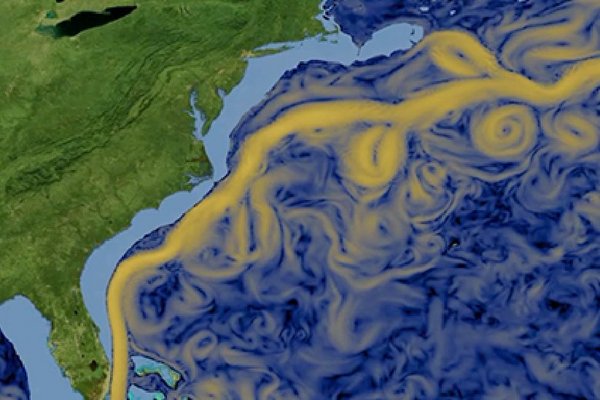
Ocean modelling at MPI-M – from LSG to ICON-O
The Max Planck Institute for Meteorology (MPI-M) has a long tradition of creating general circulation models of the ocean in order to pursue its…

Shifting winds weakened the recent Southern Ocean CO2 absorption
In a new study, Lydia Keppler and Dr Peter Landschützer from department “The Ocean in the Earth System” at the Max Planck Institute for Meteorology…
Contribution to understand the long‐term response of the ocean carbon cycle to climate change
In a new study in Geophysical Research Letters Dr Tatiana Ilyina and Dr Mathias Heinze from the department "The Ocean in the Earth System" at the Max…
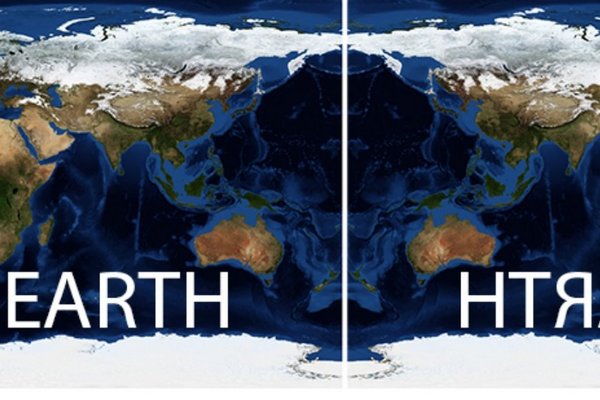
Project Retrograde — imagine Earth rotated in the opposite direction
The rotation of Earth shapes our climate system in various ways: It controls the major wind directions, lets the weather systems swirl, and, together…
